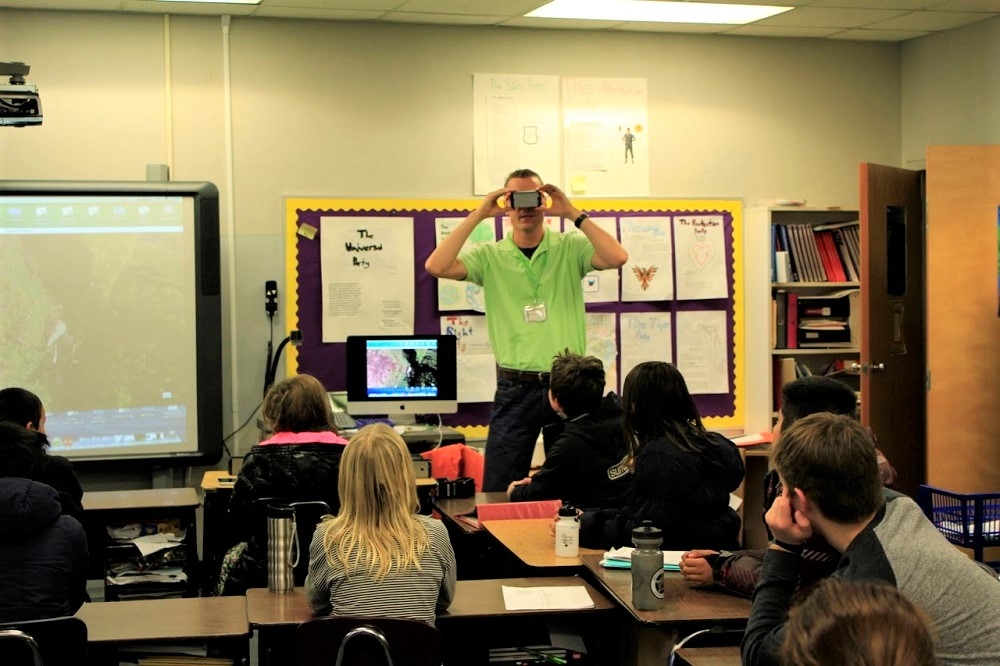
The following blog is the first in a multi blog series from Paul Zimmerman, Technology Innovator with the Blaine County School District. Paul will be discussing Blaine County School District's foray into the use of virtual reality in the classroom, how it has impacted both students and teachers, and where they see the technology and program going from here.
Education is in the business of taking students on journeys. Starting in Kindergarten, the journey is about the getting on the bus and that terrifying first step into school. As they grow, the journey becomes about learning and finding their paths to their educational goals. Near the end of their schooling, their journey focuses more on the path ahead of them and how to best prepare for it. Point is, what they absorb on this adventure and how they absorb it is what teachers are tasked with. Teachers in our modern world have a wealth of tools available to engage and inspire their students and my job is merely a piece of that - the teachers are the real wizards here.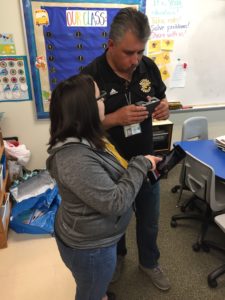
I am a Technology Innovator in the Blaine County School District in Idaho. My job focuses around not only finding cutting edge technologies and concepts but to find how they might fit in a classroom setting. I spend a lot of time with teachers so I can understand their perspective and better grasp what classroom life is like. In seeing this, it helps me understand what to target regarding any ideas I may have. With that in mind, the ideas I look for must have the following traits:
1. Transparent/Simple for a teacher to utilize
2. Reliable for repeated uses
3. Versatile enough to fit various teachers styles/subjects/curriculum
4. Engaging for teachers and students
To be honest, virtual reality (VR) was not a realistic option in the classroom last summer, which is when I explore new ideas. Frankly, VR was mostly aimed at the consumer space which meant it was a novelty for games and not much more. That being said, I saw an incredible amount of potential in VR that had been realized yet. VR gave us, in education, the potential to take students anywhere and in any format, ala The Magic School Bus, and I wondered how we could make that work. How could we move past the disillusionment of VR being for roller coasters and make it a fixture in the classroom.
Enter Google Expeditions.
Google Expeditions changed everything about VR in the classroom. When I first set up our Google Expeditions and stood at Gettysburg in VR, I knew this would become a powerful tool in the teachers toolbox and my focus since last October was making this a reality. At first, I worried that the novelty that consumer VR had created would wear off and interest would subside but come to find out - there is no novelty because this has become a transparent part of the learning process. It’s been integrated into so many class lessons that it is not a separate VR event but a tool that enhances the content they are already studying. In addition to this, Google Expeditions is versatile enough that hardware isn’t a concern and the software is extremely simple to use so teachers are able to focus on the learning and not the ‘why isn’t it working.’
After some perfecting, and 51 VR sessions thus far, we have met the 4 points I mentioned earlier and next year every school will have a VR kit available for teachers to use. What’s so incredible is that, yes I started this idea last October, but in fact it was the interest and acceptance from the teachers that created the momentum to make this real. My job is to offer teachers additional tools to enhance their teaching and engage their students and Google Expeditions has helped us accomplish this beyond description.
This blog post is part of a series. There will be 4 parts in all and the goal is to share the experiences we had growing this project with others so that anyone considering it can feel better prepared to face the challenges ahead. Speaking of that, next week I will be exploring the critical aspects of a project with this much potential and offer some feedback on the challenges we faced. Heading into next week, remember, it’s all about momentum.

Paul Zimmerman Blaine County School District - Technology Innovator pzimmerman(at)blaineschools.org

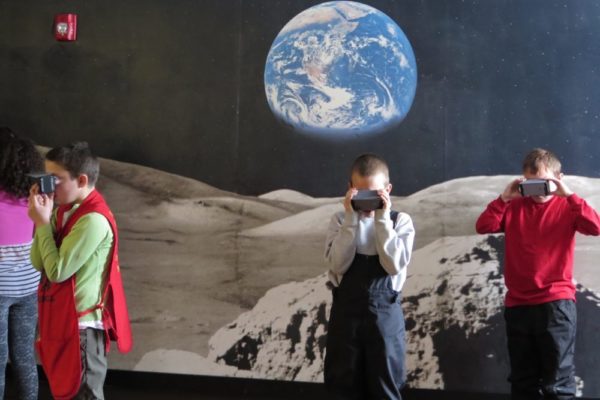
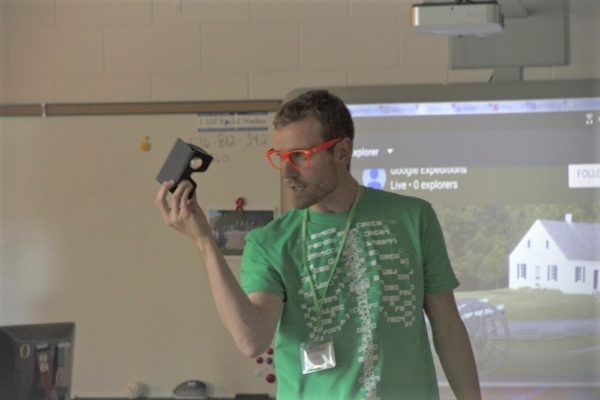
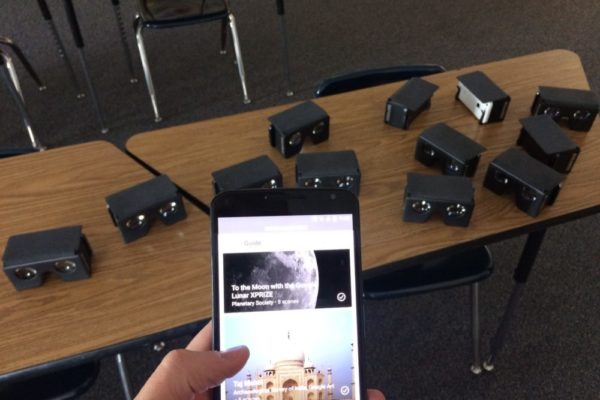
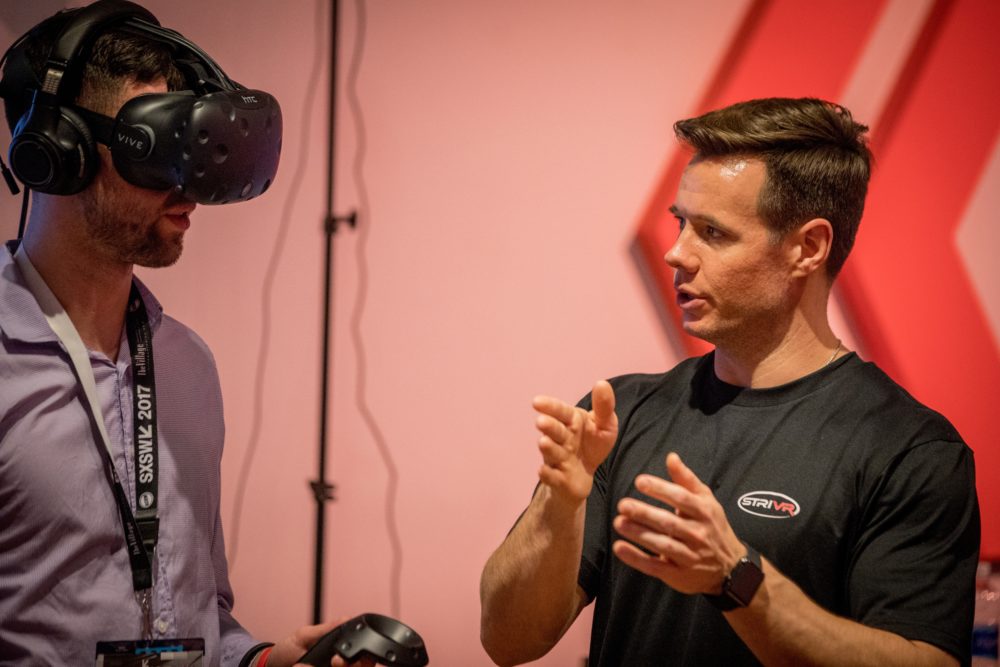
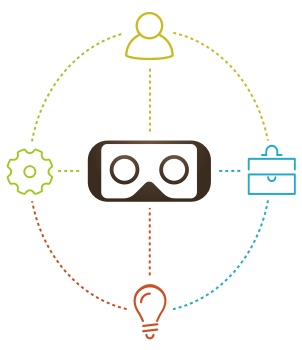
Recent Comments